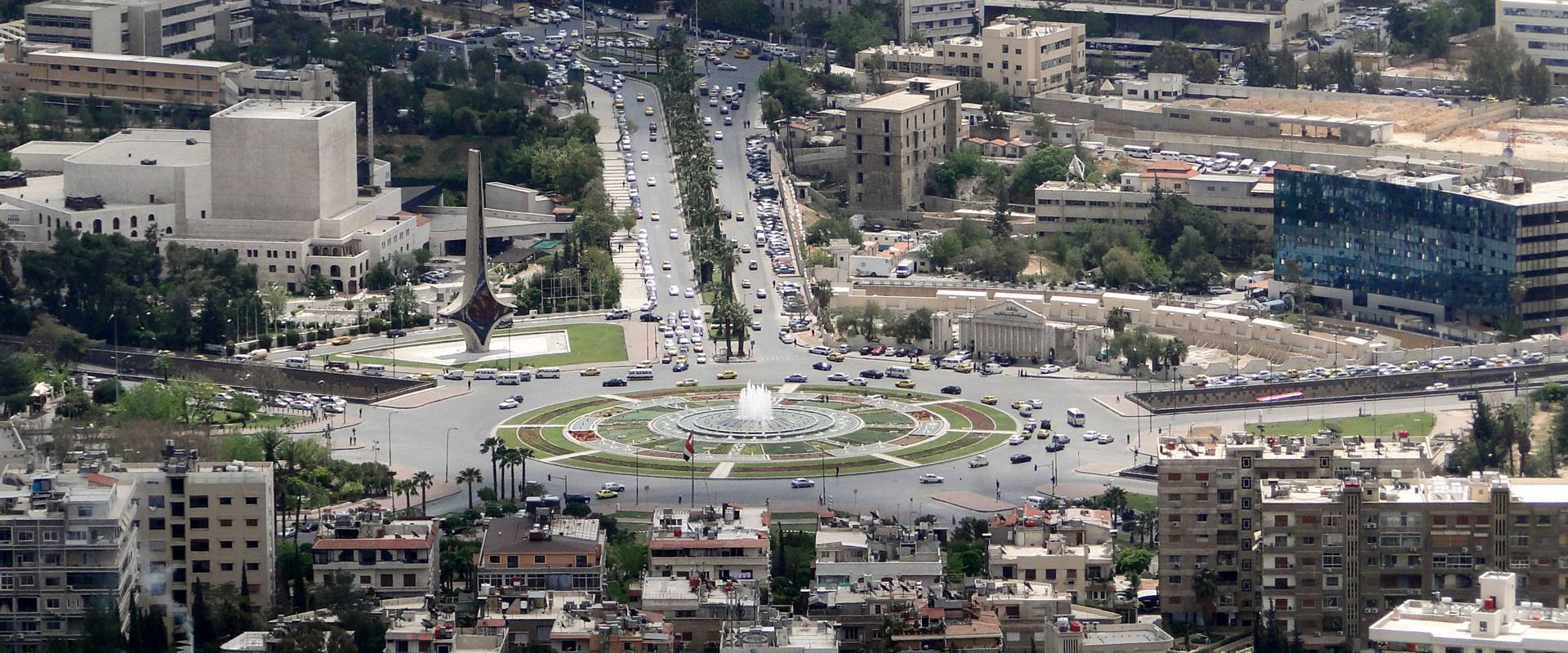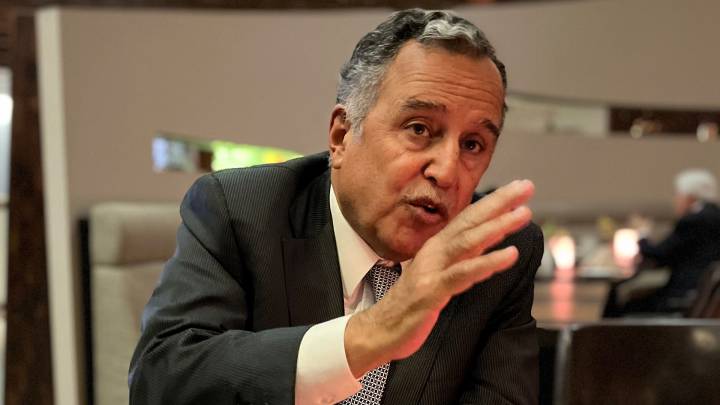Europe needs to be more actively engaged to help bring about peace in Syria, writes Michel Duclos.
Taking stock after six years of war in Syria, you can’t help but come to the conclusion that US President Barack Obama’s refusal of military intervention strongly increased the conflict’s brutality and led to a hardening of positions. Obama allowed Bashar al-Assad’s regime to control all Syrian airspace, supported the moderate opposition extremely sparingly and gave his Gulf allies free rein to arm Islamist groups.
In doing so, the Obama administration significantly contributed to the fragmentation and radicalisation of the Syrian opposition. It played according to the rules of the Assad regime, which has deliberately portrayed the whole conflict as no less than a mortal combat against Islamists.
In light of this, the April 6 US air strikes, carried out in response to the chemical weapons attack on Khan Shaykhun, signaled a welcome change in US policy in Syria. The Trump administration recently redoubled its efforts to hasten the recapture of Raqqa from the hands of IS militants.
Yet there is nothing to indicate that Washington’s recent ‘de-cramping’ regarding the use of military force is based on a fully-developed and thought-through strategy. There is a risk of uncontrolled escalation of the situation and of renewed US disengagement in Syria, particularly after ISIS is defeated in Raqqa.
At the same time, it seems that Russia’s attempt to negotiate one or more ceasefires in ‘de-escalation zones’ has been of no avail. The Assad regime seems as decided as ever on a military solution, and on recapturing the whole country with support from the Russian air force and allied Iranian militias. In short: in a Syria marked by death and destruction, there is no sign of anything resembling a political solution.
Could Europe somehow make itself heard? Conditions are exceptionally tough. But for Europe, a commitment to stabilising Syria amounts to no less than the defence of its existential needs in the face of the threat of terrorism and, in a less pressing way, the refugee crisis.
Europe’s leading diplomats, currently enjoying a surge of international prestige thanks to the election of Emmanuel Macron, must make a concerted effort to lay the foundations for a truly comprehensive approach to the reorganisation of Syria. If they coordinate their course of action, they could play their cards in the following way.
Firstly, support Washington in working out a strategy that goes beyond the taking of Raqqa. This must entail the establishment of a government that is accepted by the people in the liberated city, as well as the liberation of the whole Euphrates valley.
Secondly, increase pressure on the Assad regime. European Union reconstruction credit, for example, could be offered only to zones liberated from IS, and any further aid to regime-controlled regions could be tied to the implementation of a real plan for a handover of power from the Assad regime.
Thirdly, identify common interests with Russia through intensive dialogue. This pertains to the struggle against al-Qaida, which is currently gaining strength in Idlib Province while attention is concentrated elsewhere. Moscow needs to be convinced that its long-term interests can be better served than through its current allies in Syria.
Fourthly, develop a comprehensive Middle East policy, above all regarding Iran. Tensions between Washington and Tehran will inevitably increase. Iran’s strategy in the region, particularly its support of Shiite militias in Iraq and especially in Syria, will increasingly come under fire. This is where Europe should take the initiative, as it did in the 2003 dispute over Iran’s nuclear programme.
Whether the resumption of UN diplomatic talks makes any sense or not depends on whether progress can be made in these areas. The new beginning could start with a kind of formalisation of (initially sporadic) talks and could involve more openness to voices from civil society. It is up to Europe to make sure that the Syrians themselves are finally heard.
French President Emmanuel Macron has declared his intention to take action in Syria. His utterances show that he is willing to be both pragmatic and principled. On the one hand, he doesn’t want to make deposing Assad the sole condition for any and every action; on the other hand, he is willing to resort to military intervention in order to enforce his ‘red lines’. He is attempting to re-establish close contact between the US, Russia and Iran. But with each new initiative, the new French head of state will be seeking to involve Europe – and above all, Germany.
Michel Duclos was the Ambassador of France to Syria 2006-2009.




